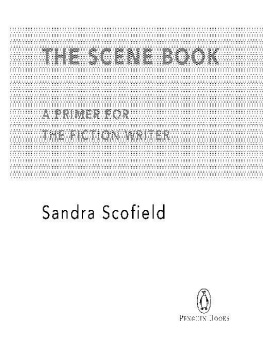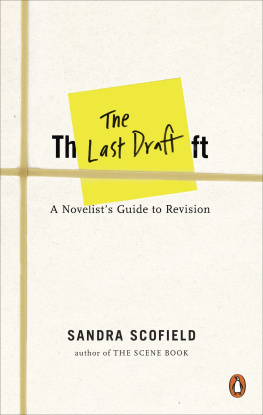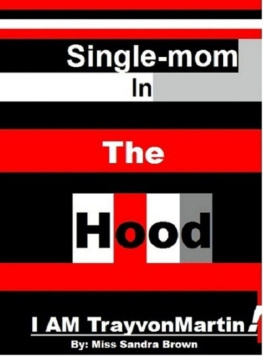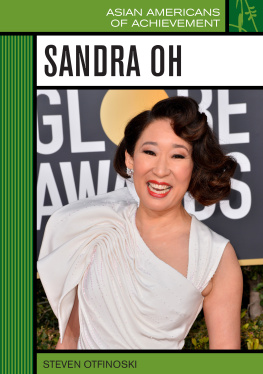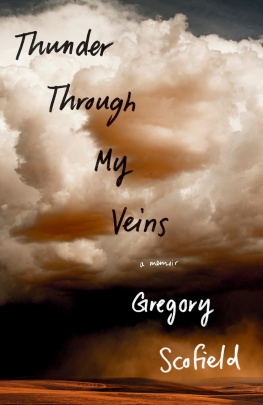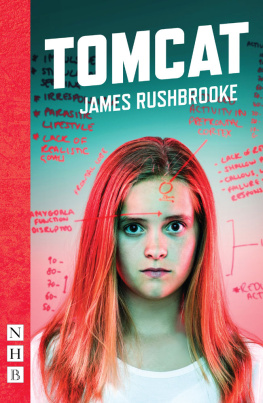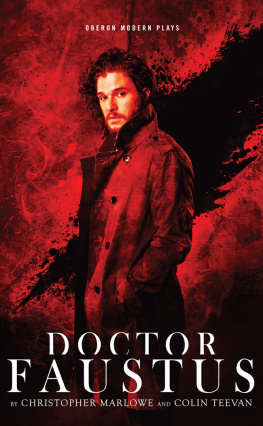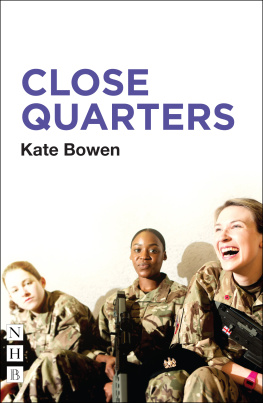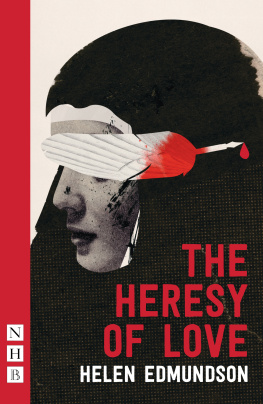Table of Contents
PENGUIN BOOKS
THE SCENE BOOK
Sandra Scofield is the author of seven novels and a memoir. Her novels have received awards including a nomination for the National Book Award, an American Book Award from the Before Columbus Foundation, a National Endowment for the Arts Fellowship, a New American Writing Award, and the Jesse Jones Award for the best fiction from the Texas Institute of Letters. Several of her novels have been named Notable Books of the Year by the New York Times Book Review. She is a popular summer workshop instructor for the Iowa Summer Writing Festival and other conferences.
ALSO BY SANDRA SCOFIELD
Occasions of Sin
Gringa: A Novel
Beyond Deserving
Walking Dunes
More Than Allies
Opal on Dry Ground
A Chance to See Egypt
Plain Seeing
PENGUIN BOOKS
Published by the Penguin Group
Penguin Group (USA) Inc., 375 Hudson Street, New York, New York 10014, U.S.A.
Penguin Group (Canada), 90 Eglinton Avenue East, Suite 700, Toronto, Ontario, Canada M4P 2Y3
(a division of Pearson Penguin Canada Inc.)
Penguin Books Ltd, 80 Strand, London WC2R 0RL, England
Penguin Ireland, 25 St Stephens Green, Dublin 2, Ireland (a division of Penguin Books Ltd)
Penguin Group (Australia), 250 Camberwell Road, Camberwell,Victoria 3124,Australia
(a division of Pearson Australia Group Pty Ltd)
Penguin Books India Pvt Ltd, 11 Community Centre, Panchsheel Park,
New Delhi-110 017, India
Penguin Books (NZ), cnr Airborne and Rosedale Roads, Albany, Auckland 1310,
New Zealand (a division of Pearson New Zealand Ltd)
Penguin Books (South Africa) (Pty) Ltd, 24 Sturdee Avenue, Rosebank, Johannesburg 2196,
South Africa
Penguin Books Ltd, Registered Offices:
80 Strand, London WC2R 0RL, England
First published in Penguin Books 2007
Copyright Sandra Scofield, 2007 All rights reserved
Pages 243-47 constitute an extension of this copyright page.
LIBRARY OF CONGRESS CATALOGING-IN-PUBLICATION DATA
Scofield, Sandra Jean, 1943
The scene book :a primer for the fiction writer / Sandra Scofield.
p. cm.
Includes bibliographical references.
eISBN : 978-1-101-04199-4
1. Fictionauthorship. 2. Narration (Rhetoric) I.Title.
PN3383.N35S36 2007
808.3dc22 2006044848
The scanning, uploading, and distribution of this book via the Internet or via any other means without the permission of the publisher is illegal and punishable by law. Please purchase only authorized electronic editions, and do not participate in or encourage electronic piracy of copyrighted materials.Your support of the authors rights is appreciated.
http://us.penguingroup.com
INTRODUCTION: THE READING WRITER
THE PRINCIPLES THAT GUIDED THE DEVELOPMENT OF THIS BOOK. (IN SOME WAYS, THE INTRODUCTION IS ABOUT YOU.)
A FEW WORDS ABOUT THE AUTHOR
THE IDEA OF THE BOOK
THOUGHTS ON TALENT AND APPRENTICESHIP
About me
I learned about writing the hard way, without classes or a mentor, yet writing never felt hard. From the time I was a little girl until after my own child was a toddler, I wrote because it was a natural thing to do, something that gave me pleasurethe way that gardening or playing the piano does for other peoplewith no thought of publishing.The impulse to put stories on the page was so strong I would feel it physically, the way you have to get out of the house to take a walk. I wish I still had the stamina I had then, when I could work all night, hardly eating or sleeping.What I wanted, I see now, was to enter another worldthe life of the scene. I wanted to watch characters work out their destinies on the page. I would grow very excited waiting for a story to reach its final image; I never knew what it would be before I got there. Writing was in some way another form of reading and an extension of my dreams.
I grew up with no television and I saw very few movies until I was a young adult. My instincts for shaping stories came from my experience of reading books in my childhood, like the Nancy Drew mysteries, the adventure stories of Richard Halliburton and Jack London, and novels like The Silver Chalice, Cheaper by the Dozen, and Ramona. By seventh grade I was reading a lot of short stories and narrative poems. At fifteen, when my mother was dying, I escaped into the war novels of Erich Maria Remarque and the novels of Thomas Hardy. I went on to read piles of old-fashioned fiction, with its fine diction and leisurely pace. I loved Trollope, Arnold Bennett, E. M. Forster, and other writers to whom I was introduced in my formal education.There were living writers, too, whose work moved me as a young adult reader and drove me forward out of the nineteenth century: men, at first, like Philip Roth (Goodbye, Columbus; Letting Go), Paul Bowles (The Sheltering Sky), Albert Camus (especially his journals). I fell in love with Eudora Weltys characters, while I admired Mary McCarthy for her arch intellect and wit. I can remember exactly where I was sitting on the day I began reading Joyce Carol Oatess them.
Later, in the back pages of the magazine Redbook, I encountered writers like Marge Piercy, Toni Morrison, and Margaret Atwood. I discovered the annual fiction anthologies. By then I was a young working mother, doing most of my writing in my head or in short bursts after I got the baby to sleep.
I tell you these things so that you can see how innocently I made my way, not understanding for a very long time that the doors into writing were not closed. (Published writers were, to me, mythical creatures.) At some point I began to want my work to be better than what I could create in one-time sessions on my portable typewriter. I knew that I needed to learn skills and that I had to have criteria for evaluating my work: Did I rush? Was I too obvious? Did I open in the right place?
I began to read in a new way. I dog-eared pages and underlined passages. I copied paragraphs into a notebook. I studied stories as if they were puzzles I had been given to solve. I developed a vocabulary of plain words to describe what I discerned from the way other authors structured their narratives.
At first my discoveries were basic, even nave. It dawned on me one day that I could do without all the fancy work around the word said. I began to notice the various strategies used to indicate transitions of time.
I came to believe that what readers care about most are characters, and that what they remember best are images and action.
Slowly, over years, I developed what I think of as craft, the practiced, deliberate way of choosing how to say things in order to reach the desired effect. Id like to share some of what Ive learned with you.
About the bookand you
I do have a sense of a you out there: a reader curled on the couch late at night, or sitting at a table in the early morning before work; another walking briskly around the neighborhood, thinking about a story. Some of you take classes or go to workshops, and some have the support of a critique group, but I suspect that many of you are as I was: solitary, a little foggy, but hopeful and determined. (I should say, as I am.)
You have stories you want to tell, things you want to say, characters who whisper in your ear, but you have problems, too, and you would like some help.You already know the old saw about writing being more perspiration than inspiration, and you know about drafting and revising.Youve made sacrifices to block out serious time for your work. What you need now is something specific and practical, something to help you think like a writer. You are willing to slave away, if someone will just part the curtains a little.


